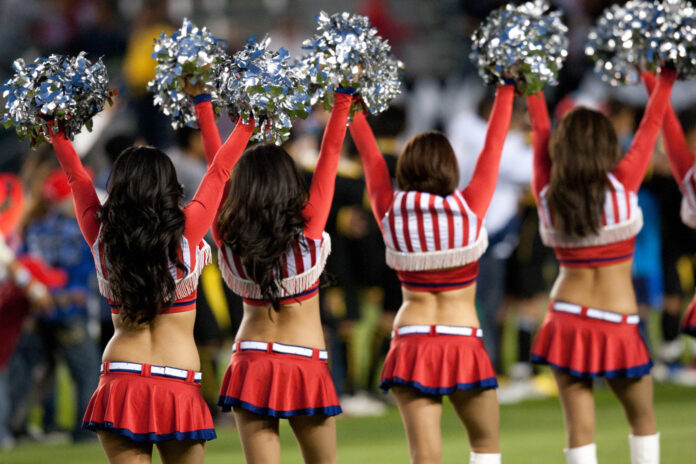INDIANAPOLIS – College athletes in Division I no longer need to fear penalties for cannabis use under new rules adopted by the National Collegiate Athletic Association (NCAA) in late June. On the advice of the Committee on Competitive Safeguards and Medical Aspects of Sports (CSMAS), the division removed cannabinoids from the list of substances banned during championships and postseason football games. The change is retroactive, meaning students currently suspended or experiencing other cannabis-related penalties have been reinstated.
Divisions II and III have yet to vote on the committee’s recommendation but are expected to follow suit.
“It is refreshing to see yet another major organization like the NCAA reexamine its outdated policies on cannabis,” said The Cannabist Company President Jesse Channon. “Their decision to lift the ban on cannabis use for Division I athletes is another huge step forward for the industry, helping to further break down age-old stigmas… Let’s hope other major industry leaders follow suit, especially as the federal government moves forward with the rescheduling process.”
Under the new guidelines, student-athletes aged 21 and over who live in states where recreational cannabis is legal may use THC products without facing sanctions. According to the NCAA’s official news feed on X (formerly Twitter), going forward “cannabinoids will be addressed like other non-performance-enhancing drugs like alcohol.”
The decision is particularly notable as it reflects growing recognition of the potential benefits of cannabis for athletes, including pain management and improved sleep.
“The NCAA drug testing program is intended to focus on integrity of competition, and cannabis products do not provide a competitive advantage,” said Josh Whitman, chairman of the NCAA’s Division I Council. “The council’s focus is on policies centered on student-athlete health and well-being rather than punishment for cannabis use.”
The new rule comes after extensive review and consideration by the CSMAS, which has advocated for updated policies that better reflect the current understanding of cannabinoids since September 2023. The updated policy brings the NCAA into closer alignment with the National Football League, which stopped suspending players over failed drug tests in 2020 as part of a collective bargaining agreement.
However, not all sports organizations are reform-minded. The World Anti-Doping Agency (WADA), which coordinates rules and policies across all sports and countries, continues to label cannabis a banned substance. In 2020, WADA disqualified Olympic sprinter Sha’Carri Richardson after she tested positive for cannabis use. Almost at the same time Division I released its new rule, Richardson qualified to represent the United States in the women’s 100-meter dash in Paris in August.
“It is only fitting that the NCAA remove cannabis from its list of banned substances as Sha’Carri Richardson qualifies for the 2024 Olympics — an accomplishment she earned four years ago but was wrongly taken away [because of the failed drug test],” Rep. Earl Blumenauer (D-OR), co-chair of the Congressional Cannabis Caucus, said. “Common sense is finally prevailing.”












